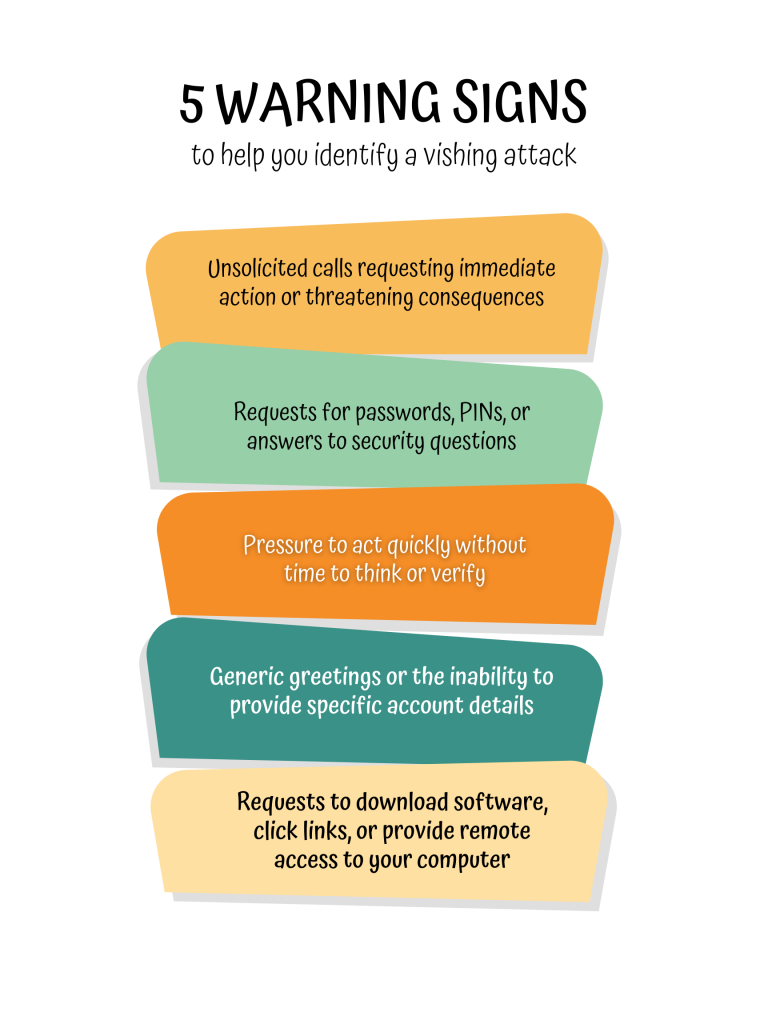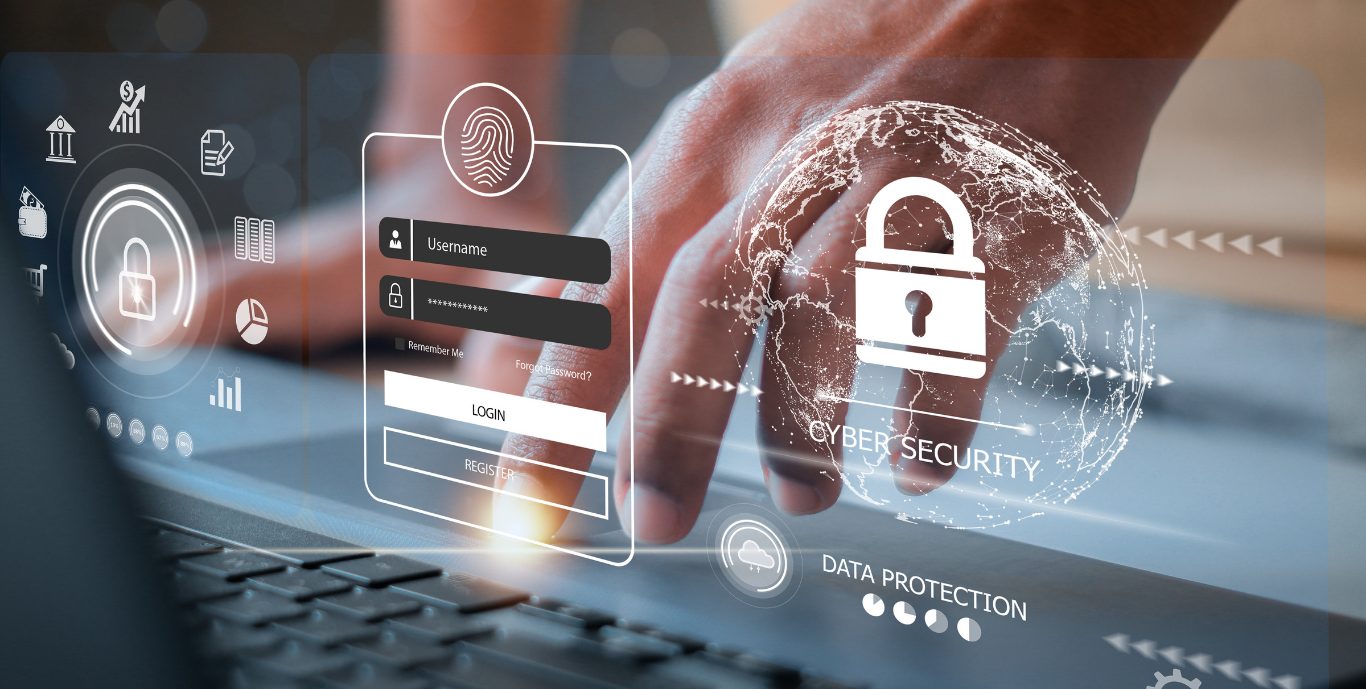Previous Blog Posts
Continue to our Previous Blog Posts

Your phone rings, displaying your bank's name on the caller ID. The caller's voice is professional and urgent, stating "We've observed suspicious activity on your account and must verify your details immediately to stop unauthorized access." Although it appears genuine, it may actually be a sophisticated social engineering scam designed to steal your funds and compromise your personal information.
Phone-based social engineering, often referred to as "vishing" (voice phishing), has become one of the most effective tools in a cybercriminal's arsenal. Unlike email phishing, which many people have learned to recognize, phone calls feel more personal and urgent, increasing the likelihood that a target will comply with requests for sensitive information.
Modern vishing attacks rely on a combination of technology and psychology to create convincing deceptions, including:
 There are several warning signs that can help you identify a potential vishing attack, including:
There are several warning signs that can help you identify a potential vishing attack, including:
The most effective defense against vishing attacks combines healthy skepticism with verification protocols. To protect yourself, remember to:
Mid Penn Bank will never ask for your full passwords or sensitive security information over an unsolicited phone call. When in doubt, hang up and verify independently. A few minutes of caution can prevent months of financial and personal recovery from a successful attack.
August 12, 2025
Nothing is out of bounds for scammers, and now they’re targeting churches and the people in them. One way they do this is by using …
June 10, 2025
A bank customer recently shared that their identity theft monitoring service alerted them that their Social Security number had been discovered online, linked to an …
April 15, 2025
The appeal of remote work has grown significantly, providing flexibility and convenience for many individuals. However, this shift has unfortunately resulted in a troubling rise …
March 14, 2025
You’ve probably heard of hacked emails or social media accounts, but now, scammers target financial accounts, leading to potential economic losses and stolen personal information. …
February 28, 2025
Small business owners often ask, “What’s the one low or no-cost action I can take that will immediately improve the security of my business?” The …
January 21, 2025
Tax season is stressful enough without worrying about fraud. Unfortunately, cybercriminals and scammers exploit this time of year to deceive unsuspecting individuals and businesses into …
January 3, 2025
In neighborhoods across the country, a troubling trend is rising: thieves targeting residential mailboxes in search of valuable items, particularly personal checks. What might seem …
December 17, 2024
The holiday season often brings new electronics as gifts, including mobile phones. While upgrading to the latest device is exciting, many people overlook a crucial …
November 14, 2024
The holiday season is upon us, and for many, that means the excitement of finding the perfect gifts online! A recent report from Drive Research …
October 24, 2024
Some great football games are being played across the Mid Penn Bank footprint, with many of our resident teams having stellar seasons. The most popular …
September 26, 2024
In today’s digital age, where we maintain numerous online accounts for work, socializing, and entertainment, it’s tempting to simplify our lives using the same password …
September 12, 2024
Gaming online is a popular activity for children and teens. They enjoy connecting with friends, the challenges of the game, and developing skills including reasoning …


The Mid Penn Bank Cybersecurity team studies the ever-changing cyber threats and the actions necessary to mitigate those threats. We look to be a guide to our customers throughout their cybersecurity research. Please contact us with your questions!
Please be aware you are leaving Mid Penn Bank's web site. You are being redirected to a linked site (hereafter referred to as 'site') for your convenience. The content appearing on this site is third-party content. Mid Penn Bank is not responsible for providing or updating the information found on this site. This site is provided as an informational source only.
ProceedWe advise you not to email confidential information such as account number(s) or your social security number.
Proceed